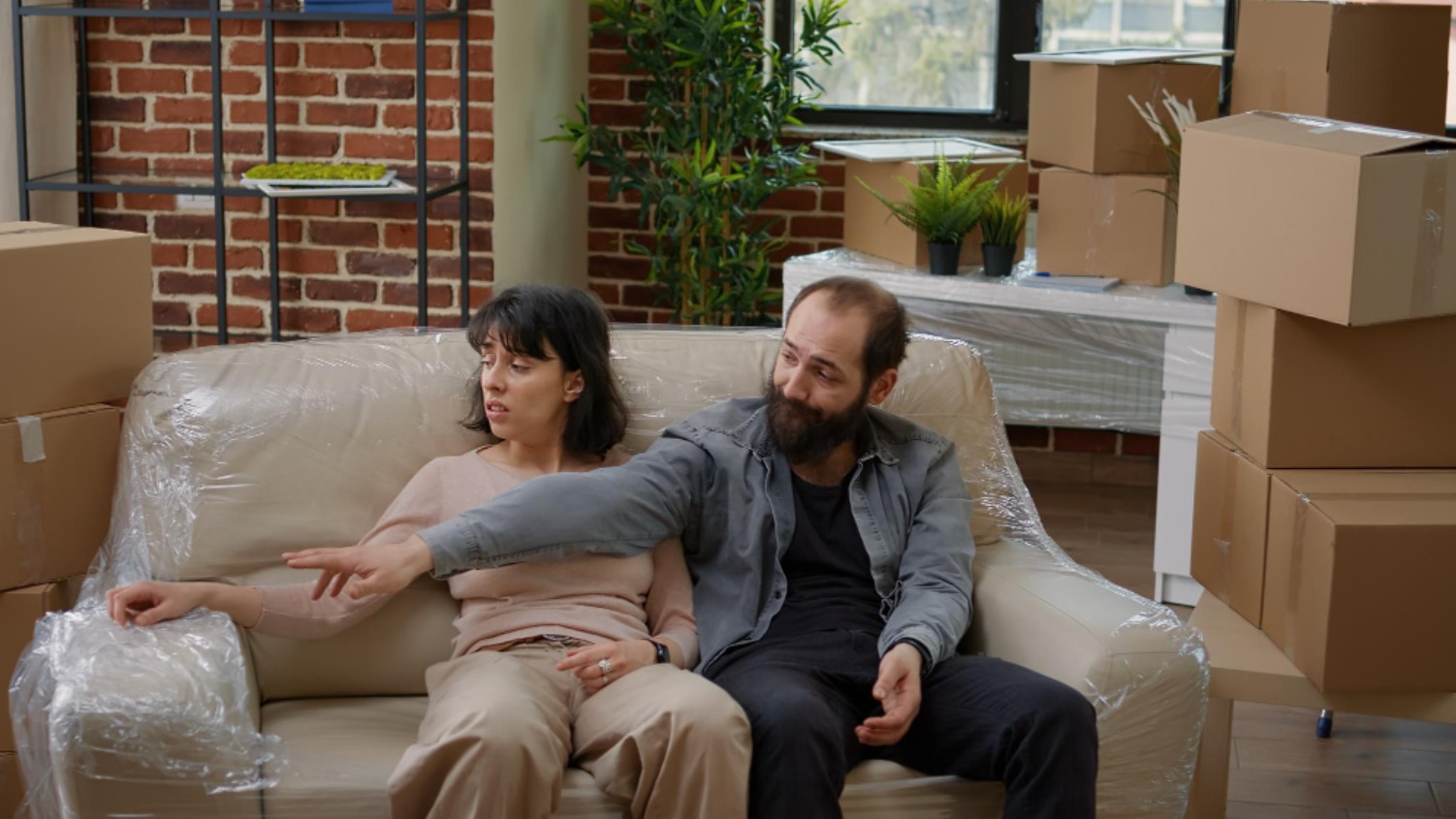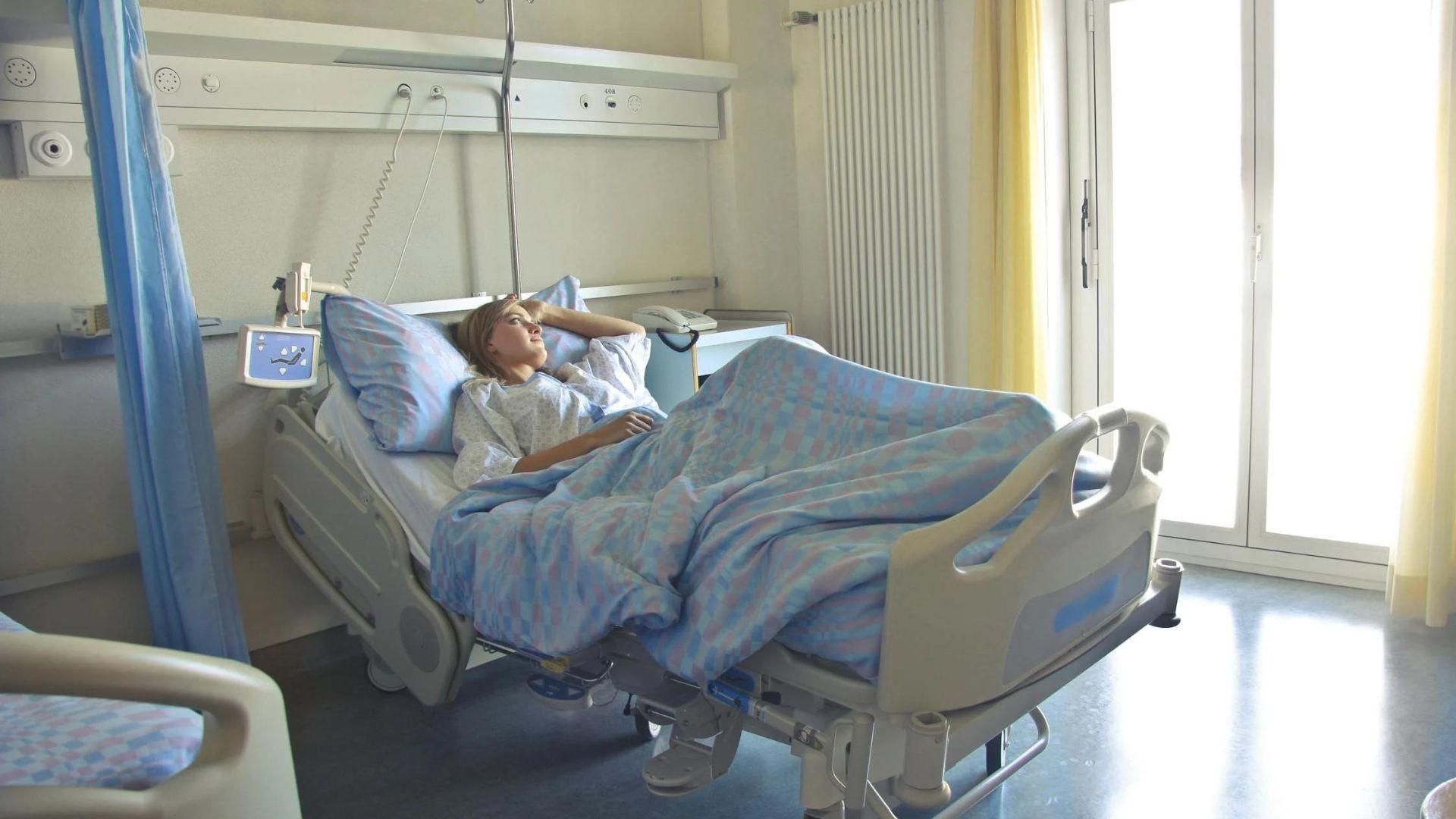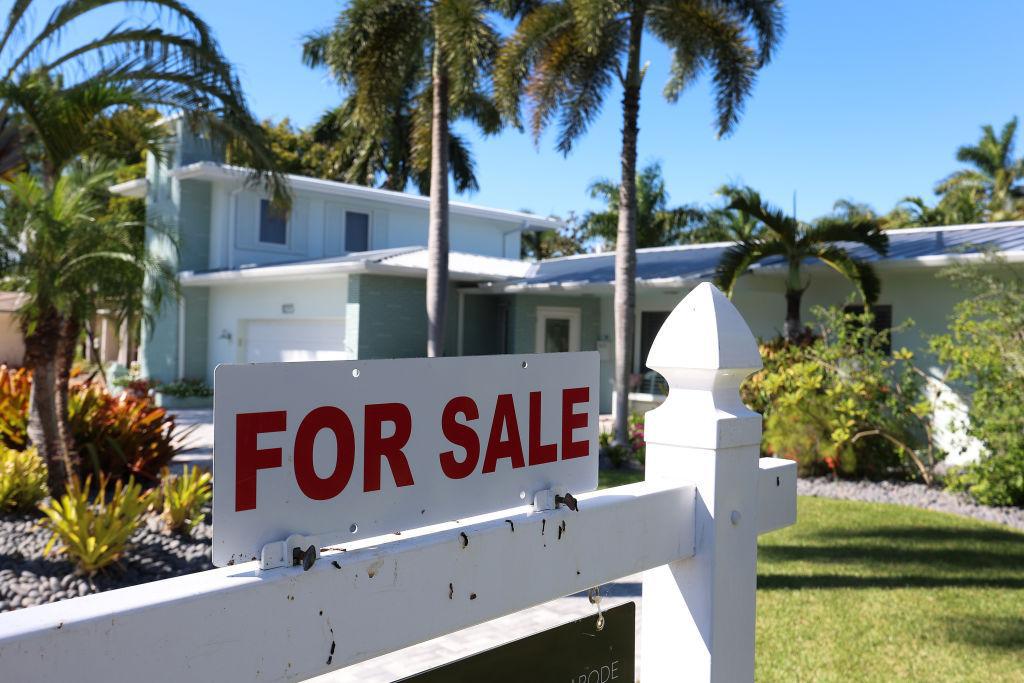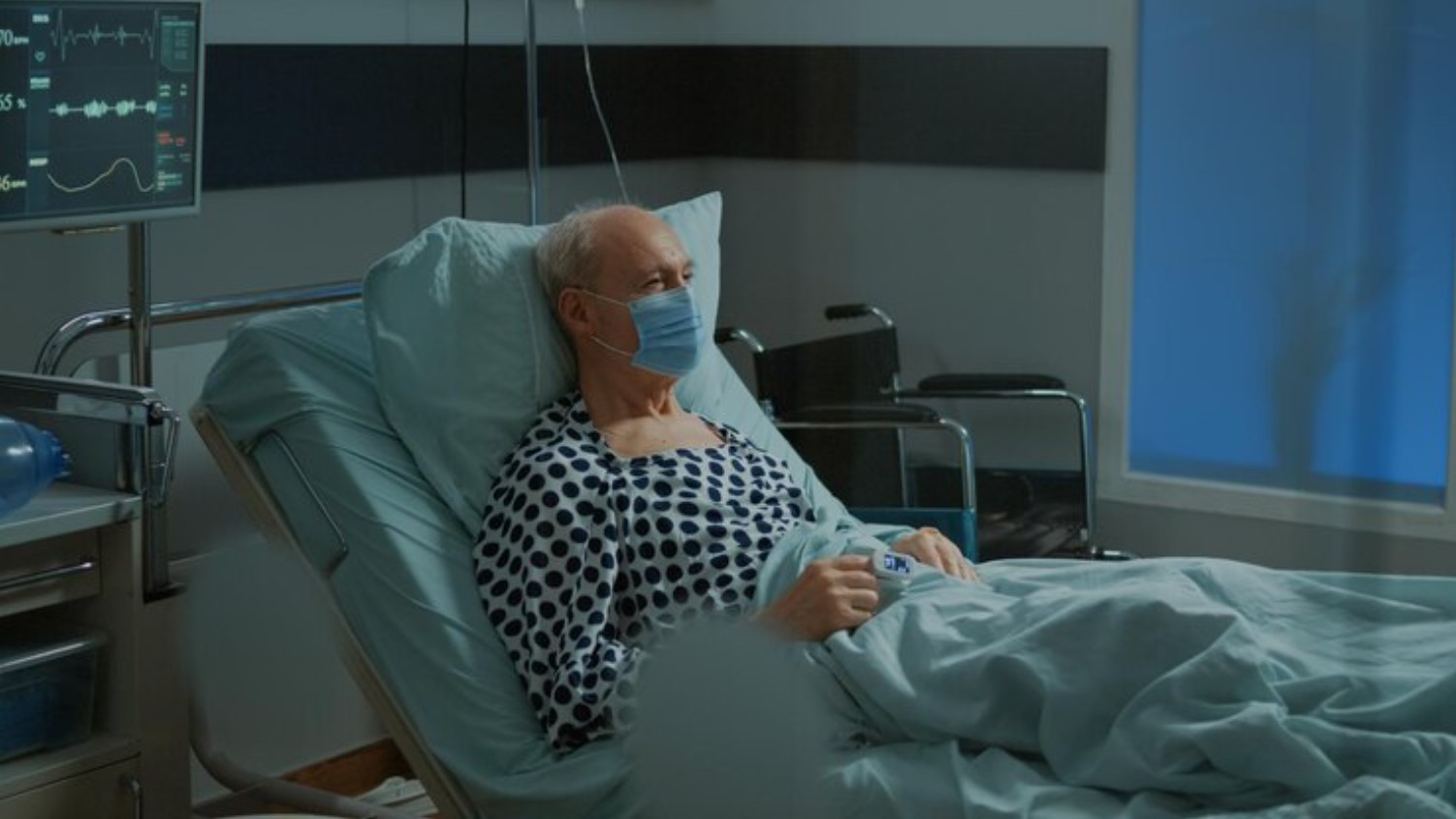Americans are left in shock as the federally-run Medicaid attempts to repossess their homes to cover the medical bills of recently deceased family members.
Many U.S. citizens were unaware of the controversial recovery process and have been sued without warning.
Medicaid Insurance Aims to Help Those in Need

Medicaid is a tax-funded federal and state insurance program that helps cover medical costs for those in need.
The public insurance program was first created in 1965, aimed at helping the nation’s poorest citizens.
Americans Unaware of Shocking Medicaid Recovery Procedure

While Medicaid undoubtedly helps thousands of Americans, it can leave their immediate family with several problems should they die.
This is because most Americans are unaware of the fine print, which allows the federal government to repossess a family home to pay off medical bills should a loved one die.
Medicaid Entitled to Repossess American Homes

The federal government requires that each U.S. state attempts to recover the cost of care from deceased patients through their assets.
While family homes are typically exempt from this, for deceased family members who were over 55 when they passed, Medicaid is entitled to sue for the home to cover costs.
Young American Fights Against Medicaid

Unfortunately for one Massachusetts resident, this became her reality when her father passed after a lengthy battle with cancer, per Fox News.
After Sandy LoGrande went through the traumatic experience of losing her father, she was billed over $177,000.
Medicaid Threatens to Sue Massachusetts Resident

LoGrande could not afford to pay back the hefty Medicaid expenses, which led to the program threatening to sue to repossess her father’s home.
“The home was everything,” LoGrande told The New York Post.
Extensive Legal Battle with the State

Following her father’s passing, LoGrande found herself in a long and tiring two-year legal battle with the state of Massachusetts.
Speaking on the situation, LoGrande states a few years before her father passed, she was advised by a nonprofit group to sign him up for Medicaid.
Potential to Lose Their Family Home to Medicaid

When LoGrande asked the group about the potential to lose their family home, she was assured this could only happen if her father were placed in a nursing home.
She said, “He never would have signed on with anything that would put his home in jeopardy” (via Fox News).
The Harsh Reality for Many Americans

After two long years, the state reached a settlement with LoGrande, and the claim on their home was removed.
However, the unfortunate reality is that thousands of other Americans have lost their homes to cover Medicaid costs.
State Policy on Medicaid Recovery Process Varies

According to a report from the Medicaid and CHIP Payment and Access Commission, Medicaid recovery policies vary depending on where the patient lives in the US.
Some states will impose a lien on the patient’s property, while others refrain from doing so.
Medicaid Aims to Recover Most of the Costs

Again, the decision on what legal costs must be recouped comes down to the state.
Some try to recover all medical costs, including prescriptions or doctor visits, while others only expect payment for long-term care.
New York and Ohio Claim Over $100 Million in Homes

According to an investigation by the Dayton Daily News, states like New York and Ohio recovered over $100 million in Medicaid costs by repossessing the homes of thousands of deceased people.
In contrast, states like Arizona and Alaska have only attempted to claim homes a handful of times in recent years.
Inspection of the Kansas Medicaid Program

A report by the Health and Human Services inspector general, which focused on the Kansas Medicaid program, rated it a success.
The state successfully recovered close to $40 million while spending only around $5 million on it.
Blue Cross Blue Shield Foundation Calls on Massachusetts to Overhaul Process

In February of this year, the Blue Cross Blue Shield Foundation of Massachusetts called on the state to reduce the amount of Medicaid costs they try to obtain.
The group suggests the state should aim to collect what is legally required by the federal government to meet minimum requirements and stop there.
The Potential to Perpetuate Intergenerational Poverty

Speaking on the situation, Katherine Howitt, a Medicaid policy director who stands with the foundation, claims that repossessing a family home to cover bills could leave future generations in debt.
Estate recovery “has the potential to perpetuate wealth disparities and intergenerational poverty,” she said.
Tennessee Resident Finds Herself in Similar Problem

During the initial meetings, Mfalme recalls one of the representatives saying, “This is your mother’s home?” on several occasions, which she found suspicious.
However, like LoGrande, she received no warning that the family home may be repossessed should she fail to pay her mother’s Medicaid bills in the future.
Mfalme Hit With Over $200,000 in Medicaid Bills

Medicaid Aims to Force Mfalme to Sell the Family Home

Mfalme admits the thought of selling the family home is heartbreaking as her mother worked so hard to purchase the home.
“She fought hard for equal pay and equal rights. Just to see that ripped away just because she was sick and I was sick, it’s just absolutely devastating,” Mfalme said of her mother.
Democratic Lawmaker Calls Program Cruel

A Democratic lawmaker who cites the program as cruel argues it’s time to end the ability of Medicaid to claim people to pay off medical bills.
During a speech in March, Jan Schakowsky argued many Americans aren’t even aware of the potential to lose their home if they cannot afford the Medicaid bills.
The Program ‘Doesn’t Work for Anybody’

Speaking with The Associated Press, Schakowsky says the program is both cruel and inefficient.
“It is one of the most cruel, ineffective programs that we see,” Schakowsky told the AP, via Fortune. “This is a program that doesn’t work for anybody.”
New Bill Aims to Protect Families From Medicaid

In early March, Schakowsky introduced the Stop Unfair Medicaid Recoveries Act of 2024 in an attempt to protect families from Medicaid.
The bill aims to repeal the mandate that allows the state to go after families and estates to cover medical costs should a patient die after being in long-term care.
Changing the Rules for the Future

The 1993 rule that requires states to use the deceased’s assets, such as estates, to cover costs may become optional.
A report by the Medicaid and CHIP Payment and Access Commission recommended that Congress repeal the law and make it optional for states.
Encouragement to Save For Long-Term Care

Stephen Moses, who was involved in the original mandate, suggests it was implemented to encourage people to save for long-term care.
“The plan here was to ensure that people who need long-term care can get it but that you plan ahead to be able to pay privately so you don’t end up on the public health care program,” Moses said.
